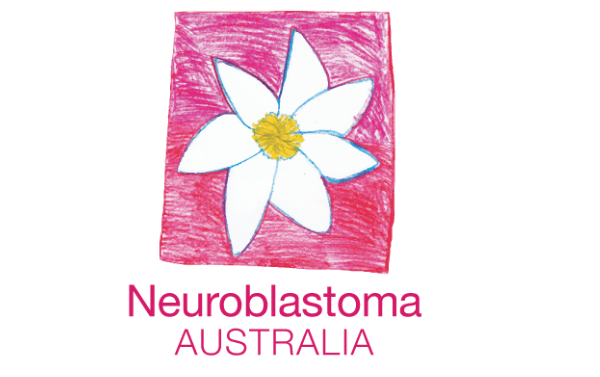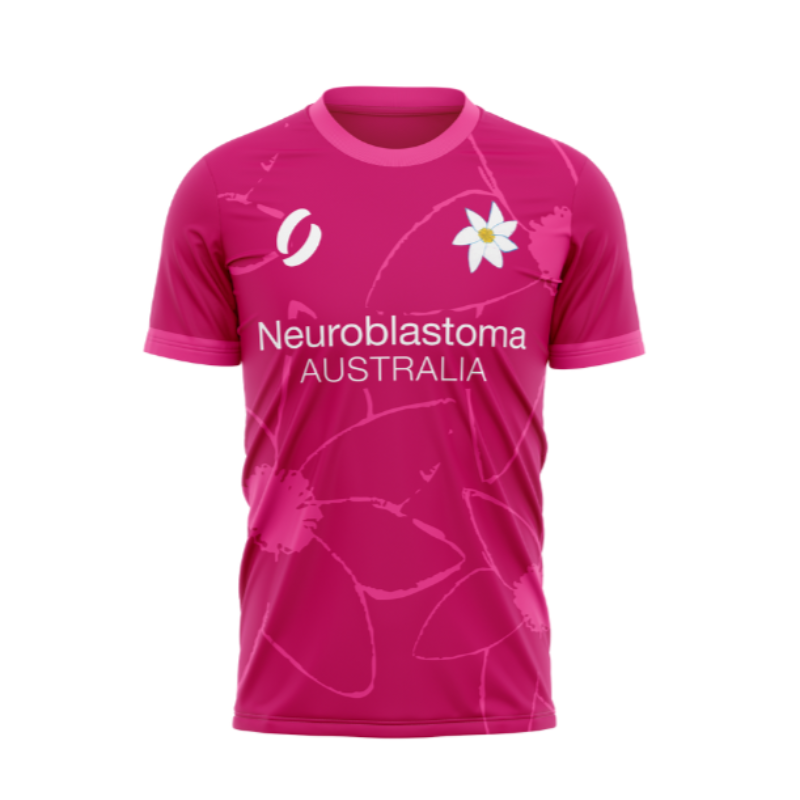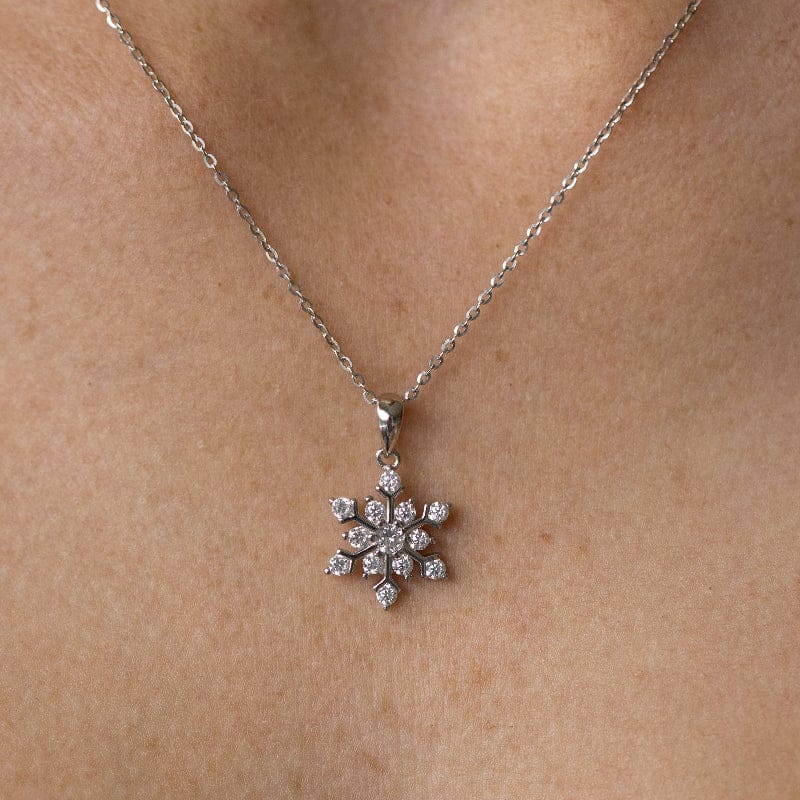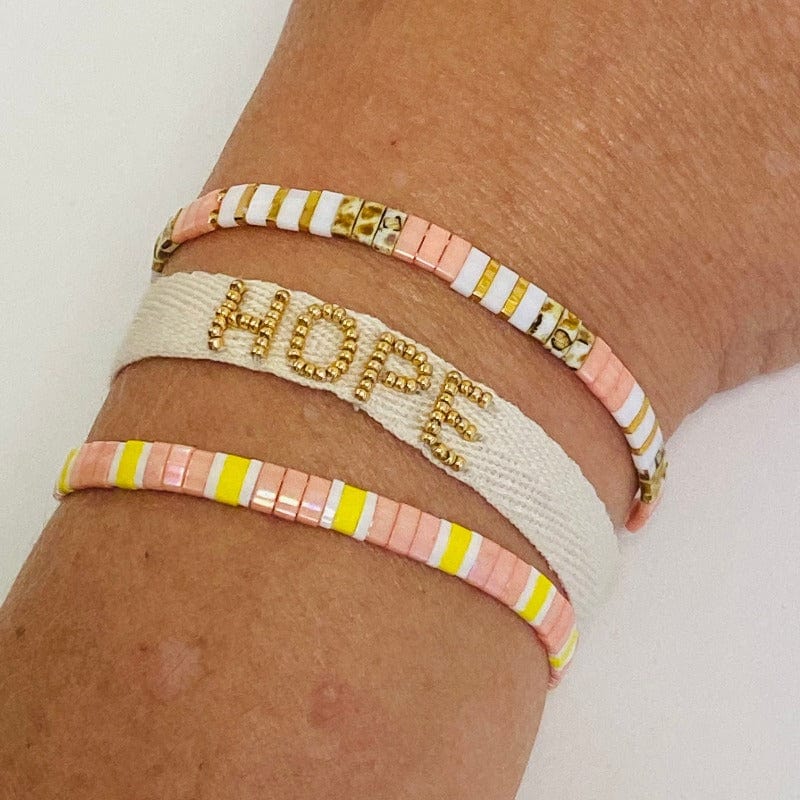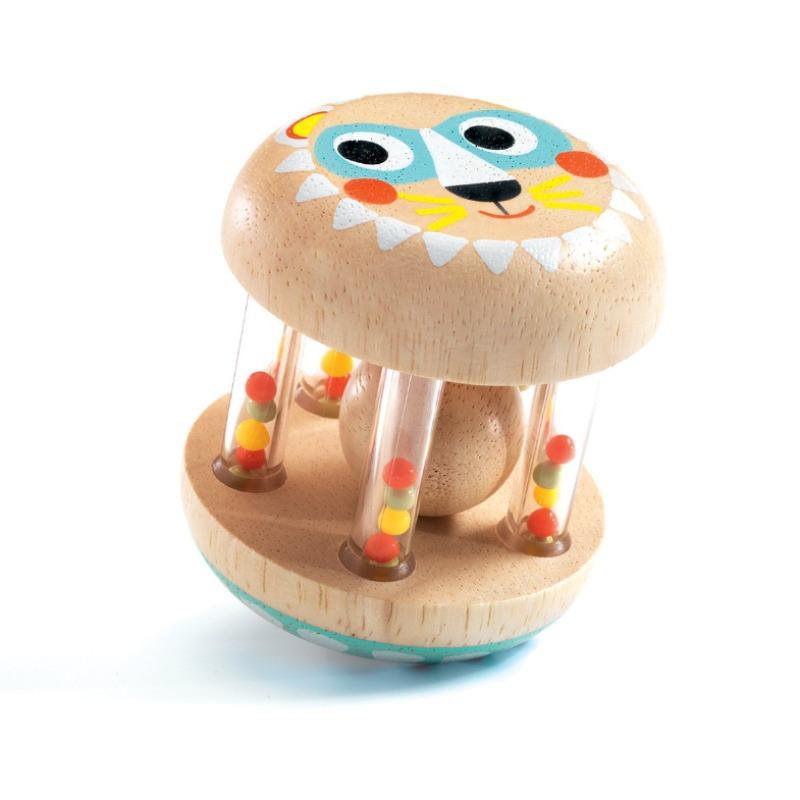Neuroblastoma is a very complex cancer and there are many different types that behave very differently. At one end of the spectrum are benign tumours that may even resolve spontaneously, while at the other end are aggressive tumours with an average survival rate of only 50%. The cure rate for these “high-risk” tumours has only improved marginally in recent years but there is clear hope that this rate will change with some new drug discoveries coming through.
Neuroblastoma is a very complex cancer and there are many different types that behave very differently. At one end of the spectrum are benign tumours that may even resolve spontaneously, while at the other end are aggressive tumours with an average survival rate of only 50%. The cure rate for these “high-risk” tumours has only improved marginally in recent years but there is clear hope that this rate will change with some new drug discoveries coming through.
One of our goals as a charity is to provide practical information regarding treatment and hospital stays to neuroblastoma families through our website.
More information
One of our goals as a charity is to provide practical information regarding treatment and hospital stays to neuroblastoma families through our website.
Visit our family support area for more information regarding neuroblastoma including:
- Newly diagnosed - key statistics, causes, risks, detection, diagnosis and staging
- On treatment - treatments and side effects
- Post treatment - late effects and relapse
- Living with neuroblastoma - hospital tips, life outside hospital and once treatment has finished
- Related support services
- Connecting with other neuroblastoma families
- Sharing your story
Please note that all content provided by Neuroblastoma Australia is of a general nature only. Any medical queries should be directed to your oncologist or medical team.
